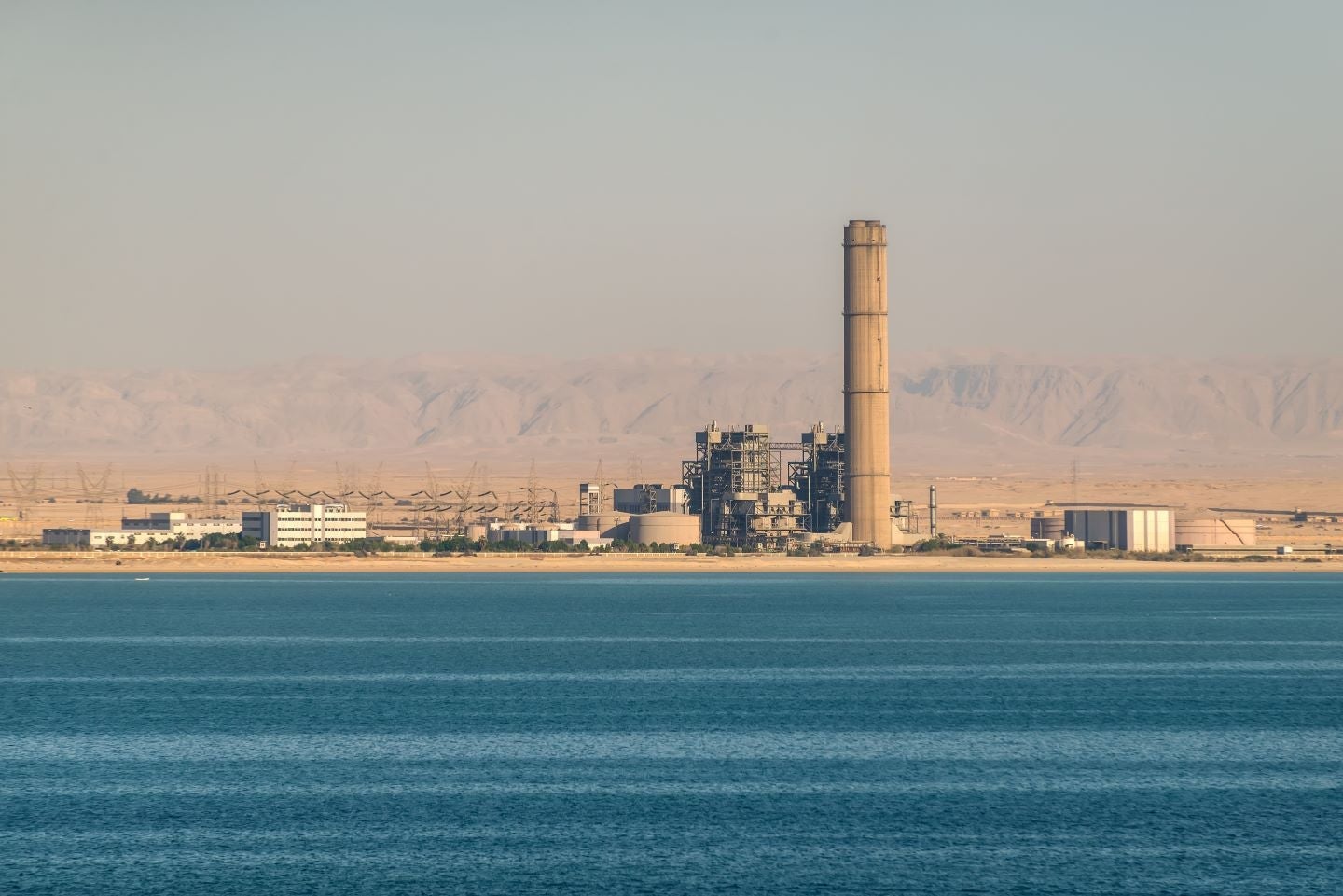
The Egyptian Government of President Abdel-Fattah El-Sisi has announced plans to expand tax exemptions, the latest update to a larger programme aimed at boosting private sector investment and growth in key strategic industries, including pharmaceuticals, green energy, electric vehicles (EVs), and textiles.
Companies with ambitions to expand global production will benefit the most from this program, which seeks to reward them for sustained levels of investment and growth.
In the face of soaring headline inflation—36.5% reported for July 2023—international companies will benefit from the pre-existing ability to trade in more stable international currencies such as euros or dollars—injecting much-needed foreign currency into the nation’s dwindling reserves—while taking advantage of these exemptions.
The changes so far
In 2021, amendments to Egypt’s Value Added Tax (VAT) regulation stipulated that medicine and substances involved in its production would be VAT-free, as would locally produced agricultural products.
In June 2023, Cairo legislated to eliminate tax exemptions for state-owned companies traditionally favoured in bids for government contracts. While business entities owned by the army continue to maintain many of their privileges, no longer granting an unfair advantage to state entities represents an important step toward reducing inequalities that have previously made investors hesitant.
Expected exemptions
As of 5 September, officials in Cairo have identified petrochemicals, green hydrogen, solar power, EVs, mining, textiles, and electronics industries as recipients of future tax exemptions. A full list of industries that will receive these benefits is due to be published by the end of 2023.
How well do you really know your competitors?
Access the most comprehensive Company Profiles on the market, powered by GlobalData. Save hours of research. Gain competitive edge.

Thank you!
Your download email will arrive shortly
Not ready to buy yet? Download a free sample
We are confident about the unique quality of our Company Profiles. However, we want you to make the most beneficial decision for your business, so we offer a free sample that you can download by submitting the below form
By GlobalDataSuch strategic industries will benefit significantly from demonstrating a commitment to expanding production locally, including being able to claim further exemptions and benefits.
Confidence in the face of inflationary pressures
Egypt’s inflationary challenges, though notable, are part of a wider global trend of stubbornly high inflation rates. Egypt’s particular situation, when contextualised, thus requires similar solutions to everywhere else, and the government is taking steps to boost the necessary business confidence to stabilise the economy.
Investors looking to take advantage of expected tax exemption programs can take comfort in not being the only ones injecting significant funds into the Egyptian economy. After a dip in investment during Covid-19, UK companies have resumed investment similar to pre-Covid-19 levels. Indian companies invested $3.1bn in Egypt in 2022, and the UAE injected $5.6bn in net foreign direct investment (FDI) in the same period.
Private interests are not the only ones committing themselves to the country. The government is dedicated to its vision for the nation, including becoming a centre of global industrial production and combatting climate change. High-speed rail and metro projects worth billions of dollars collectively have continued to make headlines. Thales won a contract worth €340m ($365.54m) to upgrade certain sections of rail networks in the country on top of previous contracts the French firm has won for similar projects. Cairo is clearly perfectly happy to continue high levels of spending and offer support to efforts in line with its vision of the future.
The next steps
Egypt’s growing population is young and increasingly well-educated. The country’s government is eager to harness this potential. After all, very few things are worse for political and economic stability than high levels of youth unemployment. Using skilled local labour, management, and technical expertise should be on the radar of any producer in industries that will benefit from the government’s approved program. Egypt has consistently proven to be a productive and worthwhile destination for investment, even with a higher-than-average rating on the OECD’s FDI Restrictiveness Index. The new measures announced by Cairo, expected to fully take effect in 2024, will make accessing this productive power easier and present fewer disincentives to private sector interests. In providing sustained investment, companies will be taking advantage of a short-lived opportunity to grow themselves and stabilize the economy in which they’re investing.







